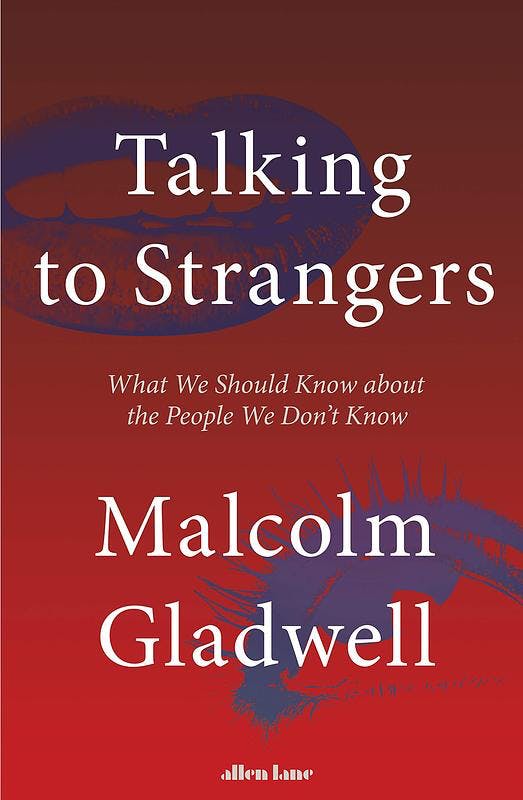Hello there,
Zero unsubscribers and lots of positive emails after my inaugural issue. I received enough of the “you are in the right direction” and “you need to improve on this and that” to keep me fired up for my second issue. While I did not receive any suggestions on African-based individual newsletters, it’s not all gloom. In some way, it confirms my earlier belief that this is still an underwhelming undeveloped space.
To less company newsletters and more personal newsletters one issue at a time.
Here we go!!
TRIAGE
”Don’t waste your 25-40 time period asking old age questions everybody has been spending 99% of their youth asking through all history. Triage them, get to good enough, and find new questions that few people are asking. The more average you are, the more crucial this hack.”
This tweet by Venkatesh Rao remains one of my favourite pithy pieces of advice that has changed what I focus on nowadays. More so because I’m in that age group and less so because I’m average. [?]. But really, sometimes we re-read, harbour and concentrate on old-age topics for far too long.
For overly researched, low velocity topics. Read the original source material. Strip the idea using first principles. Get to the core of the idea. Triage. Reference on demand. Focus on doing.
Remember: For most people, learning has become an escape from doing.
Here is my understanding of productivity and why to-do lists never work for me. I might never have to read a productivity book again.
My Book Notes

I have fallen for some tricks that are just plain out embarrassing. And while I do not particularly beat myself up over those shortcomings, I have always plainly thought it’s just down to the “cunningness of the deceiver” “my stupidity” or something of that sort. This book extended my knowledge on why we are susceptible to deception in a way that is so deceptively simple. Check out my pencil highlights and off-the-curve notes.
What I’m Reading
The Act of Creation by Arthur Koestler which provides an anatomy of creativity. He coins the term “biscociation” thinking where an idea is perceived simultaneously in two or more “matrices of thought.” Routine skills of thinking are on a “single plane” and the creative act is on more than one plane. “The former is called single-minded, the latter double-minded, transitory nature of unstable equilibrium where the balance of both emotion and thought is disturbed.” While reading I can’t help but think about Janusian Thinking.
What I’m Watching
The Life of David Gayle. Gale is a PHL professor and an anti-death row penalty campaigner on death row who goes to the extreme of implicating himself in murder to prove a point.
Governor Hardin: Alan, let me say something I always say and I’m gonna keep on saying. And that is that I HATE killin’. That’s why my administration is willing to kill to stop it.
David Gale: So, you don’t subscribe to the idea that ‘a good state is the one that protects its most despised members?’
Governor Hardin: It’s a nice liberal idea. But, like most nice liberal ideas, naive.
David Gale: It’s a quote from you, Governor. From your first state attorney campaign.
Governor Hardin: [flustered] You’ve got me, Professor. But let me, in my defense, offer YOU a quote. Winston Churchill: ‘If you’re not a liberal at twenty, you have no heart, if you’re still a liberal at thirty, you’ve got no brain.’
David Gale: So, basically, you feel, to choose another quote, ‘society must be cleansed of elements which represent its own death.
Governor Hardin: Well, yes. I’d have to agree.
Governor Hardin: Did I say that too?
David Gale: No, that was Hitler.